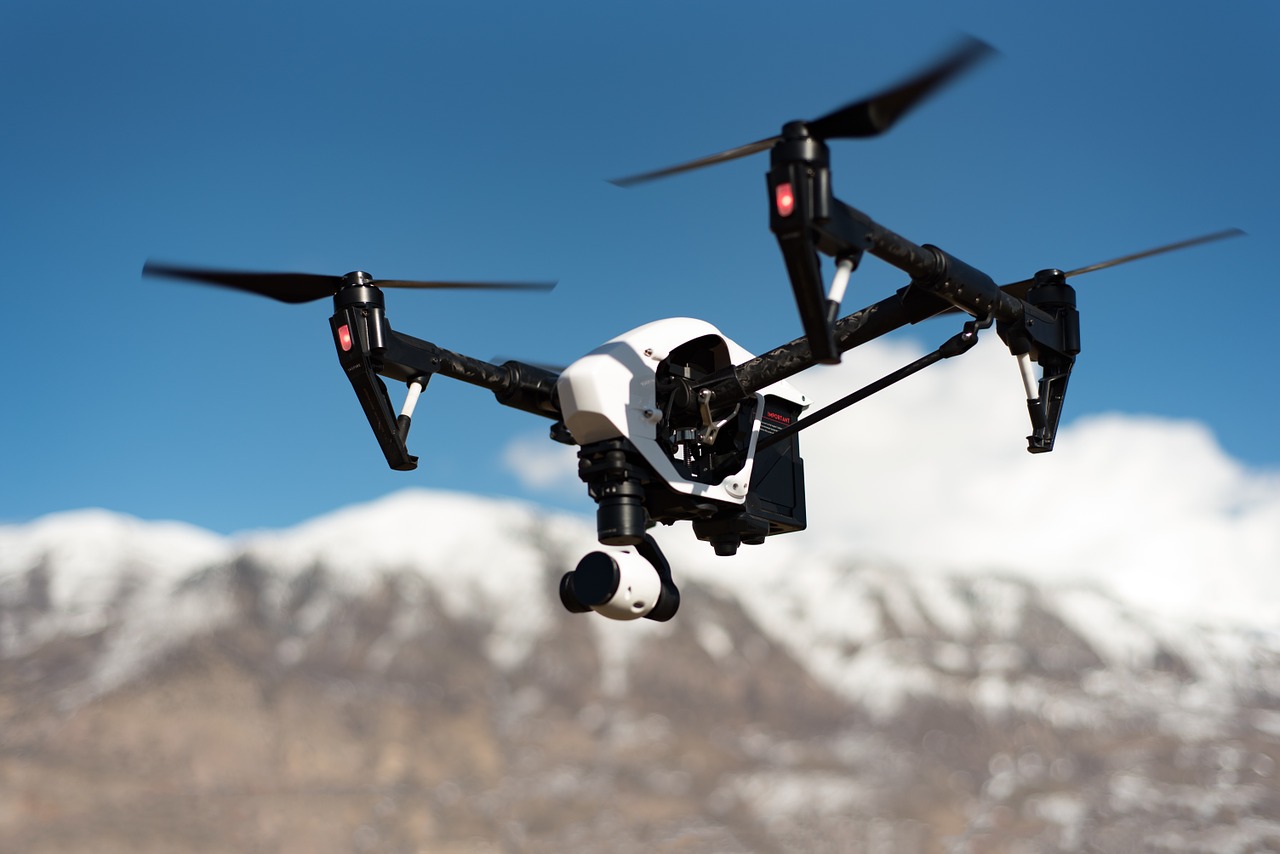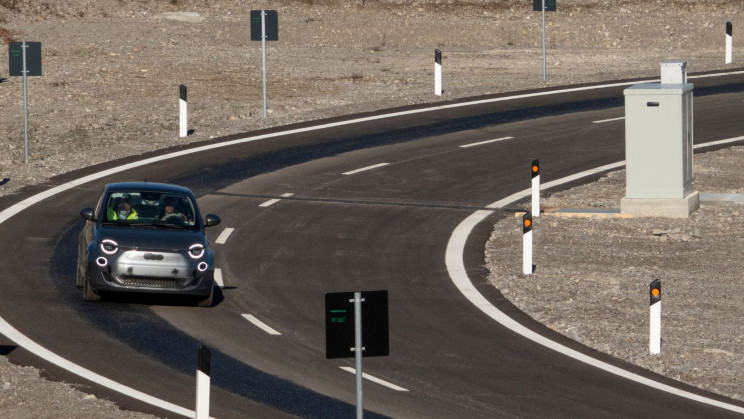Despite humanity’s efforts to reduce the spread of COVID-19, the coronavirus continues to spread worldwide. And, while most people wait for a vaccine or a cure, tech companies look for other ways to help in reducing the impact of the disease.
One such company is Draganfly, a manufacturer of unmanned aerial drones. The company already produced drones that can be used to detect COVID-19 symptoms in people, even from a flying distance of 190 feet. The company hopes that its coronavirus-detecting drone can help authorities better observe the spread of the disease in public places and large people gatherings.
To do that, Draganfly equipped its drones with computer vision technology, which uses sensors and cameras to detect people with increased body temperature, fever, increased heart rate, and even respiratory problems. The sensors in the drones are so sensitive that they can also detect when an individual sneezes in a crowd.
The Westport Police Department in Connecticut was convinced enough by the technology used in the drones that it pledged to start testing them in public. The state of Connecticut already has over 48,000 confirmed coronavirus cases, and over 4,400 confirmed deaths (as of 07.22.2020). The WPD certainly hoped that Draganfly’s technology could help in reducing these larger numbers.
Obviously, though, the project created privacy concerns within the community. The Westport Police Department quickly diminished those claims, saying that the data will only be used by public safety professionals and will be completely anonymous. Nonetheless, the project was axed due to increased public concerns, including pressure from the American Civil Liberties Union of Connecticut (ACLU-CT).
“In our good faith effort to get ahead of the virus and potential need to manage and safely monitor crowds and social distancing in this environment, our announcement was perhaps misinterpreted, not well-received, and posed many additional questions. We heard and respect your concerns, and are therefore stepping back and re-considering the full impact of the technology and its use in law enforcement protocol” – said Jim Marpe, the first selectman of WPD.







